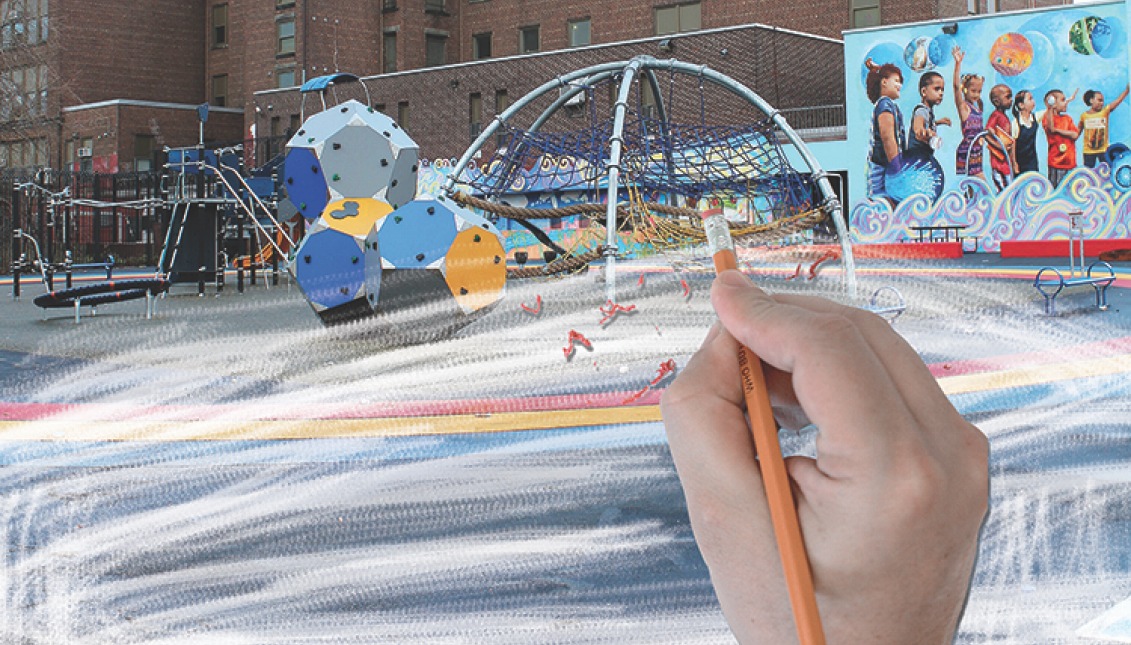
History, and the erasure of our history
MORE IN THIS SECTION
Come Sept. 15, it’ll be Hispanic Heritage Month. Most Latinos have a bit of a love/hate relationship with this officially designated month of recognition. Yes, Latino faces suddenly pop up in the mainstream media to do public service announcements that mention Hispanics and our (mostly) hidden achievements. Many presenting organizations carefully plan their year’s Latino programming to coincide with the odd Sept. 15 to Oct. 15 timeframe so we are barraged, during this month, with Latino artists and themes and topics.
Even the organizations that serve the Latino community 24/7 program their flashiest events during this time. In Philadelphia alone there is a huge Mexican Independence Day celebration, an equally festive Feria del Barrio, the Puerto Rican parade and flag raising, the Hispanic Heritage Mass, awards, galas and any number of additional events crammed into the limited weekend slots.
That’s the love part.
The hate part comes from the fact that at the end of October all this celebration of us goes away. Disappears. We go back to the default where there are select few Latinos in the national consciousness — until next Hispanic Heritage Month.

There’s another thing: while there is a Black History Month and a Women’s History Month, our “celebratory month” makes no mention of history. And while this may seem the pettiest of quibbles, it isn’t. Thanks to the vitriolic and weaponized immigration debate of the past decade or so, many Americans operate under the assumption that all Latinos in the United States are recent immigrants. In fact, we have lost count of the times we’ve been told to go back to our own countries, without regard for the fact that many U.S. Latino families — especially those with indigenous rather than Hispanic roots — have ties to and history in this land that far predate those of English descent.
How many Americans know that the earliest immigrant settlement in the U.S. isn’t Plymouth, which was founded by the Mayflower pilgrims in 1620, but St. Augustine, Fla. which was founded by the Spanish in 1565? How many know that the “pobladores” of the city of Los Angeles (established in 1781 by 44 settlers and four soldiers) were folks with African and Indigenous and Spanish Mexican ancestry? Or that approximately 10,000 Mexican-Americans fought in the Civil War? Or even, to localize things a bit, that a number of those instrumental to South American and Caribbean movements of independence from Spain came to Philadelphia to consult and hobnob with the likes of George Washington and Benjamin Franklin?
Truth is, the history of Latinos in the United States has been erased (or elided) from most textbooks American children read. Even our university-age students. We recently had opportunity to scan a history textbook for one of Temple University’s general education courses which included everything from the Iroquois Confederacy to New England Puritan theocracy; from Ida B. Wells to Susan B. Anthony, and a good number of 20th century civil, student and human rights movements and leaders as well — but no U.S. Latinos were singled out in the table of contents.
Not the Japanese-Mexican Labor Association in 1903, nor the Mexican-American woman who helped found the Wobblies in 1905. Not the establishment of the Ordén Hijos de América to organize Latino workers in the 1920s, nor Cesar Chavez, Dolores Huerta and the United Farm Workers of America labor organizing of the mid-1960s. Nothing about Operation Wetback or the Zoot Suit Riots or the Bracero Program. Nothing about the Young Lords in New York, Philadelphia and Chicago.
Now, it well may be that in actually reading the textbook instead of just scanning it, we’d find all of these movements and people (and more) discussed and contextualized in our general history of the United States. But that first glance without any Latinos in evidence (and, it has to be added, no Asian-Americans either) is a tell about the erasure of our history that is, in some ways, reflected in the name of the month that purports to celebrate us.
Can there be any genuine celebration of heritage without celebrating history?
We are not proposing to do away with the parades, the festive celebrations with dancing and music and food that accompanies Hispanic Heritage Month — but can we add a dollop of our U.S. Latino history as well? Every American child deserves an understanding of history that includes all of us.






LEAVE A COMMENT:
Join the discussion! Leave a comment.